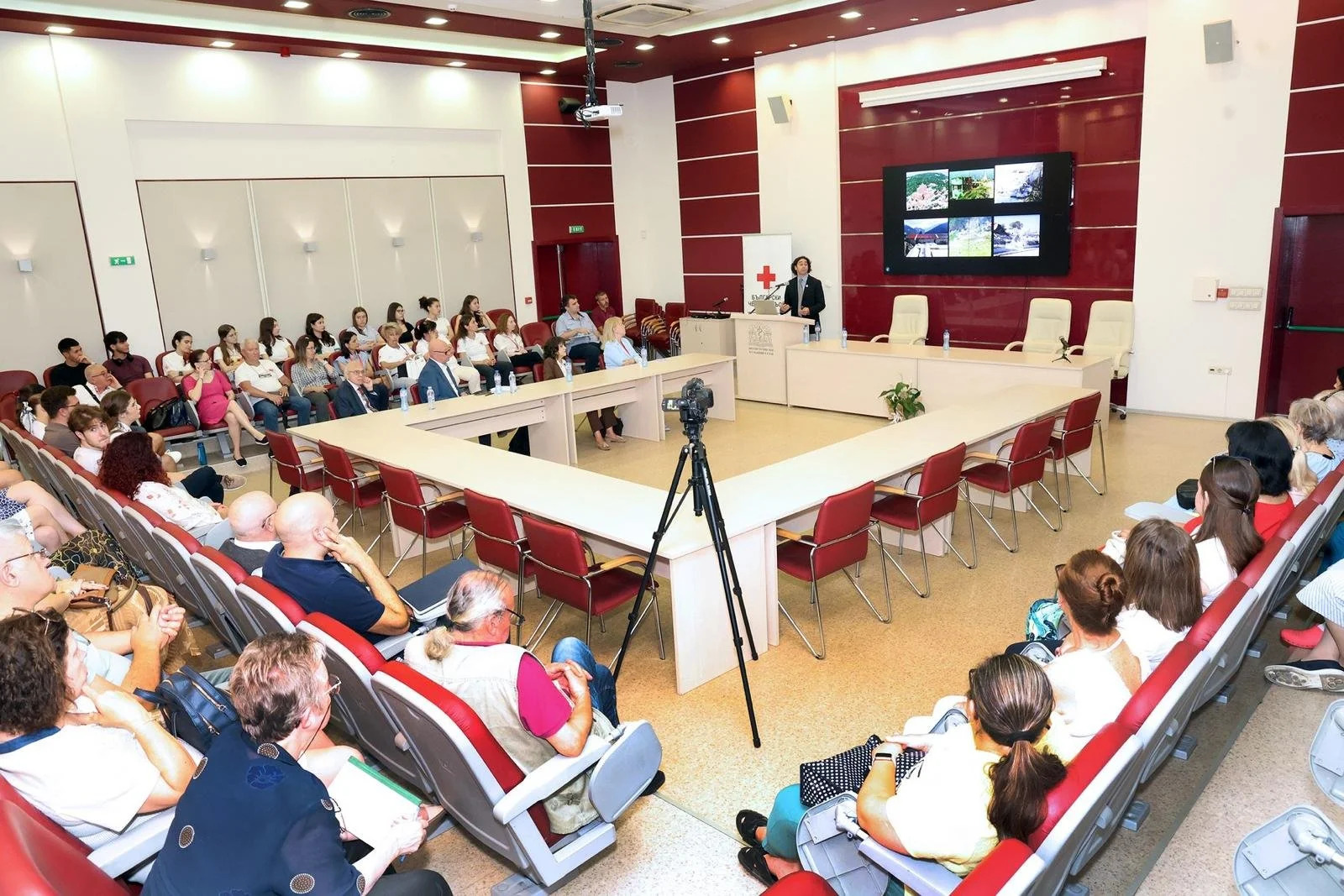In response to the ongoing humanitarian crisis caused by the war in Ukraine, Bulgaria has played a vital role in supporting displaced individuals, with nearly 2 million refugees having transited through the country, around 200,000 granted temporary residence status, and approximately 60,000 still remaining in Bulgaria. To help strengthen the country’s health system, the Canadian Red Cross (CRC) and Bulgarian Red Cross (BRC) partnered with the Centre for Global Surgery (CGS) at the Research Institute of the McGill University Health Centre. Leveraging its expertise in healthcare training in conflict-affected low- and middle-income countries (LMICs), the CGS secured significant funding from the CRC in June 2025. This support enabled a coordinated launch and laid the groundwork for a two-year program focused on improving emergency care capacity in both Bulgaria and Ukraine.
Over the past year, the project has moved from planning to action. Early groundwork included preparatory calls, on-site visits, and collaboration with local institutions such as the Medical University of Plovdiv (MUP) and BRC. This laid the foundation for launching Mobile Health Units and enhancing academic ties in health and disaster response. A comprehensive plan was developed, and crucial partnerships were solidified—guided by a clear needs assessment.
Between spring 2024 and 2025, major strides were made. A certifying body (European Resuscitation Council) was secured, and the first round of Basic Life Support (BLS) training was successfully completed at the Red Cross Lozen Training Facility in Bulgaria on June 16–20, 2025. A total of 118 healthcare providers—both Bulgarian and Ukrainian—were trained, including 16 future instructors.
Additionally, academic engagement deepened with the delivery of a keynote lecture on disaster resilience at the Medical University of Plovdiv, reinforcing the bridge between practical and academic healthcare systems.
Institutional exchanges also enriched the program, with visits between Bulgaria and Canada facilitating cross-border learning in prehospital care and emergency response systems. As part of its mission, the CGS continues to promote equity in surgery by ensuring that access to life-saving skills and systems is not limited by geography, displacement, or economic status—empowering providers from both host and refugee communities to deliver high-quality care.
This collaboration stands as a powerful example of how locally informed, globally supported action can build resilience where it’s needed most. With each step forward, the shared commitment between the CRC, BRC, CGS, and local institutions continues to shape a more responsive, inclusive, and equitable emergency care system for both Bulgarian citizens and Ukrainian refugees.







